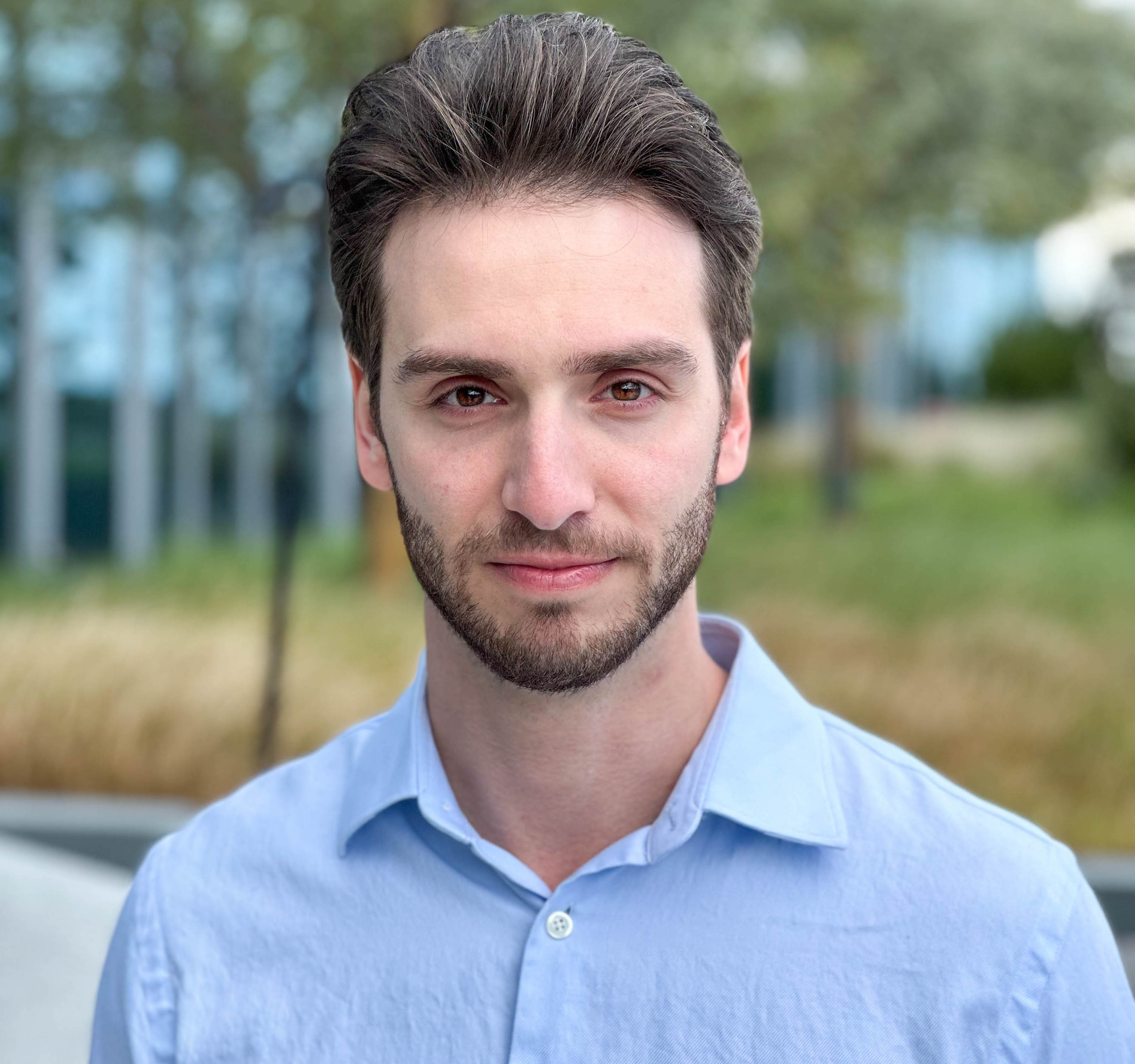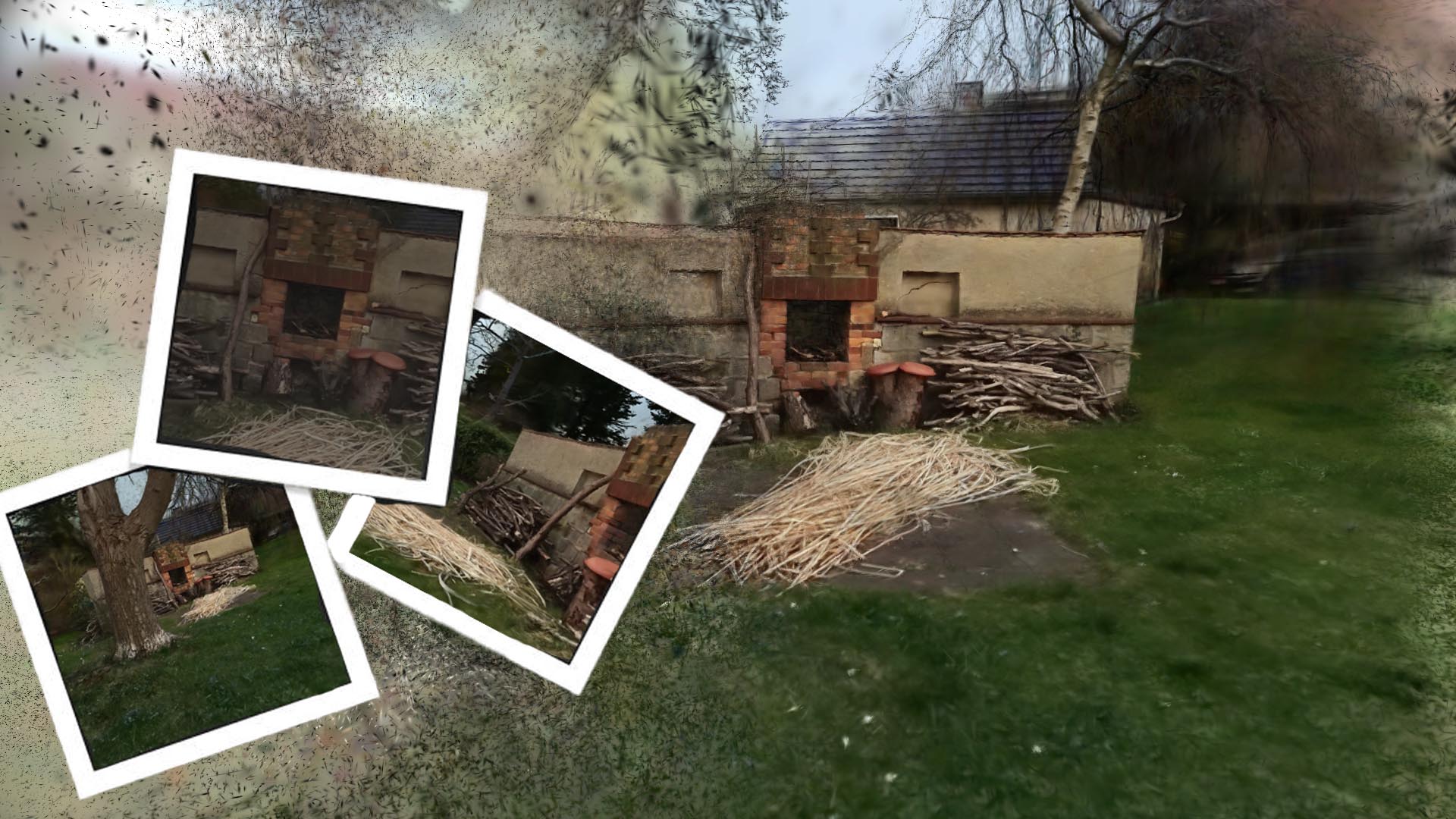

Michael Rubloff
Oct 1, 2024
V-Ray 7 has entered a public beta, and for those fortunate enough to have access, this release brings a welcome addition — the ability to import and work with Radiance Field method, Gaussian Splatting. This feature is available within V-Ray and can also be used in other platforms like Maya, but V-Ray remains necessary to import and manage the Radiance Fields for further work within those platforms.
As part of the V-Ray 7 installation, a plugin enables users to load Gaussian Splatting data into Maya, displaying the splats as points in the viewport. This integration provides users the flexibility to render the 3DGS files. It is currently live in 3ds Max, with support for Maya coming soon. It remains to be seen which other integrations in V-Ray will receive this functionality, but it’s clear the groundwork is being laid for broad support.
While official information on V-Ray 7 remains limited, a demo shared by Vladimir Koylazov, Head of Innovation at Chaos, showcased some of the remarkable capabilities of this update. In the demo, Gaussian Splats are used to create hyper-realistic mockups of locations, a feature that has massive potential for industries like AEC (Architecture, Engineering, and Construction). By combining Gaussian Splats with existing 3D models, stakeholders can view photorealistic environments and make more informed decisions.
Koylazov also showcased an experimental Ray Tracing based approach to 3D Gaussians earlier this month, which is also contained in the V Ray 7beta.
V-Ray 7 seems to support any Gaussian Splatting-trained .ply file, allowing users to quickly incorporate detailed, memory-efficient scans into their projects. In the demo, Postshot was used to showcase the system’s ability to handle real-world scans. The inclusion of Gaussian Splatting makes it easier than ever to place buildings in context or render complex 3D environments filled with detail, all without a significant performance hit.
This isn't the first time Chaos has embraced cutting-edge technology. The Chaos Neurathon Hackathon — held almost a year ago — was when Radiance Fields first caught the attention of the 3D visualization community. The hackathon highlighted the potential of neural rendering methods, and now, with the release of V-Ray 7 beta, we’re seeing the first official integration of those concepts into a production pipeline.
Although a formal release date or pricing for V-Ray 7 hasn't been announced, those interested in the beta can access it with an active V-Ray Solo, Premium, or Enterprise license. With the introduction of Gaussian Splatting, V-Ray 7 is poised to significantly improve workflows, especially in industries like AEC, where rapid scene creation and realistic visualization are paramount. More information about V Ray 7 can be found on the Chaos Website here.








